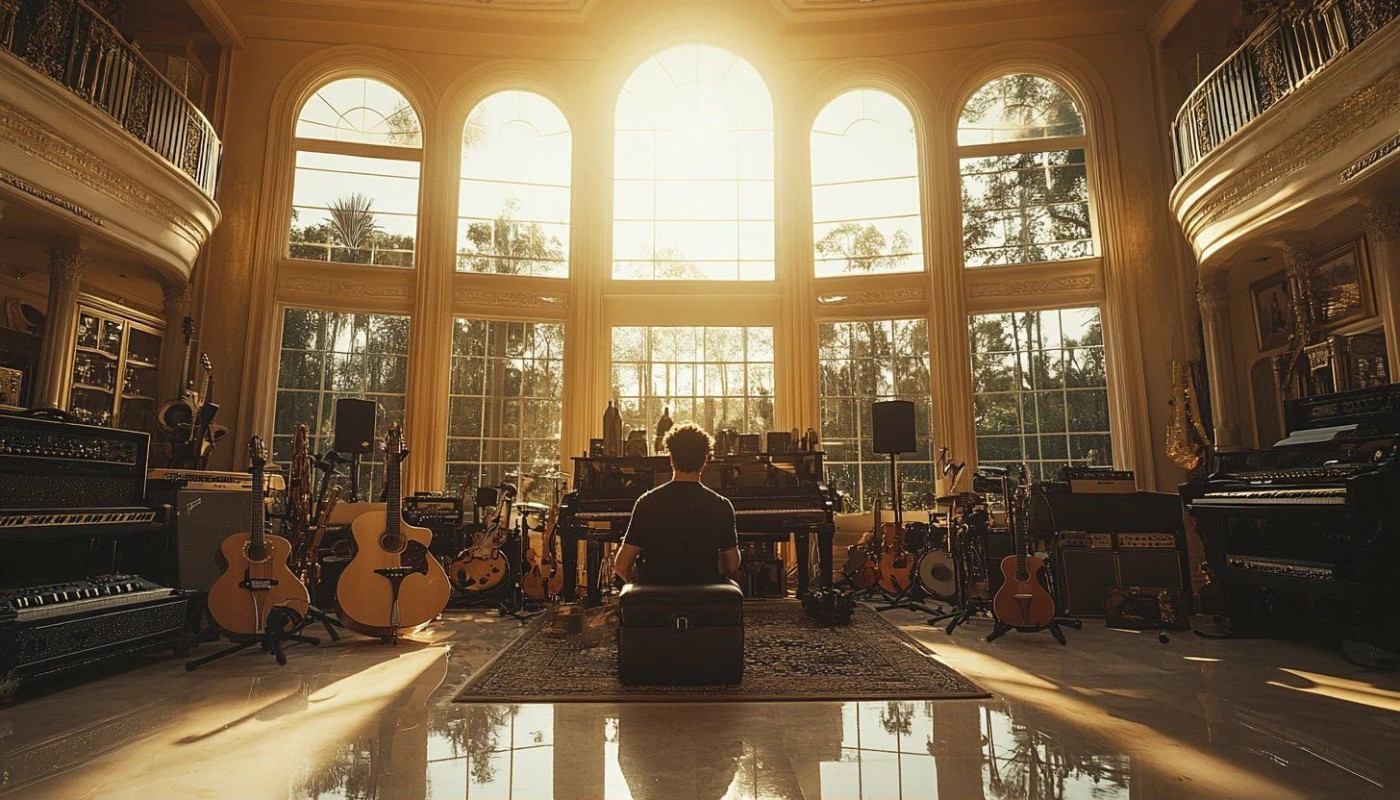Table of contents
Explore how the immense wealth of well-known individuals shapes today's music culture in ways both obvious and subtle. The connection between financial power and musical influence has never been stronger, impacting trends, production quality, and even what listeners consider popular. Dive into the following sections to uncover how affluence sets the rhythm for the modern music industry and why understanding this dynamic is key for anyone passionate about contemporary sound.
Financial power drives music trends
The accumulation of wealth among prominent public figures exerts a transformative effect on music culture, allowing these individuals to act as potent catalysts for new music trends. When a celebrity with significant fiscal resources endorses a developing genre or style, the resulting market penetration can elevate niche movements into mainstream success almost overnight. This phenomenon is not limited to mere promotion; affluent personalities possess the capital to invest in high-quality production, innovative technology, and global marketing campaigns that vastly outstrip the capabilities of less wealthy artists. Such investments amplify the reach and impact of emerging trends, granting celebrities the power to set or redirect the direction of music culture on an international scale.
The ripple effect is particularly pronounced when these trendsetters collaborate with up-and-coming talent or launch their own record labels, using their status and networks to introduce new sounds to a broader audience. Their financial backing allows for creative risks, experiments with unconventional sounds, and the integration of cross-cultural influences that might otherwise remain unexplored due to economic constraints. In sum, the wealth impact of celebrity influence creates a dynamic where financial power is both a driver of innovation and a gatekeeper of widespread acceptance in the contemporary music industry.
Luxury lifestyles inspire artistic expression
The luxury lifestyle associated with celebrity wealth profoundly shapes the creative direction of modern music culture. Artists frequently draw music inspiration from opulent living, weaving imagery of high-end fashion, exclusive parties, and luxury cars into their lyrics and music videos. This recurring display of riches functions as aspirational music, cultivating a narrative that encourages fans to envision themselves within similar glamorous worlds. Iconography related to wealth—designer logos, expensive jewelry, and lavish settings—often serves as visual shorthand for success and status, reinforcing these ideals in performance aesthetics. The cyclical nature of wealth display and aspirational content not only satisfies public fascination but also propels the evolution of musical genres, particularly in hip-hop, pop, and R&B, where references to luxury lifestyle hold significant cultural influence. This dynamic relationship fosters an environment where themes of abundance and aspiration become both a reflection of celebrity experiences and a driving force shaping the ambitions of audiences and emerging artists alike.
Access to high-end production
Celebrity wealth plays a transformative role in music production, granting privileged artists unparalleled studio access and the ability to collaborate with world-renowned producers. With significant financial backing, they can invest heavily in music technology—ranging from the latest software plugins to rare analog equipment—creating sounds and textures unattainable to those with limited budgets. This kind of investment doesn't just enhance production quality; it sets new industry benchmarks, making high-fidelity mixes and innovative sonic palettes the standard expected by audiences. At the same time, these resources reinforce a pronounced barrier to entry for independent musicians, who often struggle to compete on a level playing field when it comes to studio access and the use of advanced production tools. This gap in resources challenges the diversity of voices represented in mainstream music, as celebrity wealth continues to shape who gets heard and how their work is received.
Philanthropy and cultural investment
Wealthy public figures have increasingly leveraged their financial resources to shape the music industry, especially through celebrity philanthropy and strategic cultural investment. By funding music education programs in underserved areas, supporting grassroots projects, and backing community initiatives, celebrities create platforms for emerging talent that might not otherwise find exposure. These efforts extend their influence beyond their personal discographies, building social capital and setting benchmarks for artist support within the industry. For instance, stars who invest in music schools or sponsor music competitions often see their legacy reflected in the development of new genres and the diversification of the music ecosystem. The long-term effect of such involvement is a music industry that values inclusivity and innovation, as these initiatives can break down barriers to entry and inspire a new generation of artists. For a real-world example of impactful investment and financial influence within the industry, you can check here.
Social media amplifies financial influence
Social media platforms have revolutionized music culture by enabling celebrities to display their wealth and status with unprecedented reach. When stars flaunt luxury lifestyles through Instagram posts, TikTok challenges, or YouTube videos, they create aspirational narratives that deeply affect audience engagement. The virality that social media enables means a single post or music video can instantly reach millions, driving trends and shaping consumption patterns globally. Not only does this celebrity influence boost digital promotion efforts, but it also sets new standards for what is perceived as popular or desirable in music culture. As audiences interact directly with artists, the gap between celebrity and fan narrows, reinforcing the impact of financial success on musical tastes and industry dynamics. This powerful fusion of digital promotion and celebrity influence ultimately steers the direction of music culture worldwide.
On the same subject













